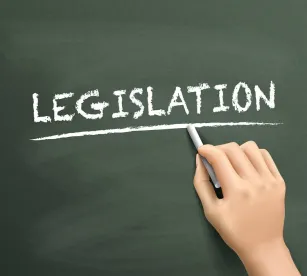|
On March 9, 2017, the U.S. House of Representatives passed the Fairness in Class Action Litigation Act of 2017 (H.R. 985). The bill, introduced by House Judiciary Committee Chairman Bob Goodlatte (R-Va.), proposes significant changes to the procedures used in federal court class actions and multidistrict litigation proceedings in an attempt to “assure fairer, more efficient outcomes for claimants and defendants.” The bill now moves to the U.S. Senate, where an earlier, similarly-named proposal stalled last year after passing the House. Along with attempting to “assure fair and prompt recoveries for class members and multidistrict litigation plaintiffs with legitimate claims,” the bill aims to “diminish abuses in class action and mass tort litigation that are undermining the integrity of the U.S. legal system.” To accomplish this, the bill mandates the following changes to class action procedures in federal court:
The bill also includes new mandates on plaintiffs in consolidated multidistrict litigation proceedings in federal court. These changes include:
The bill passed the House by a 220-201 vote, which was split almost entirely down party lines (no Democrats voted for the bill and only 14 Republicans voted against it). Proponents of the bill argue that the proposed changes will ensure absent class members, not plaintiffs’ attorneys, benefit from class actions, while those opposed claim the sweeping provisions will cut off court access for consumers, workers, investors and civil rights plaintiffs. If enacted, the bill would apply to pending as well as future litigation and would be the most significant class action legislation since the Class Action Fairness Act of 2005. Considerably, those reforms were passed the last time Republicans controlled both chambers of Congress and the White House, making passage of the bill appear more likely here than the last time around. |
Breaking: House Passes Bill Seeking Fair and Efficient Outcomes in Federal Class Action Cases
Monday, March 27, 2017
Current Public Notices
Published: 9 September, 2025
Published: 9 September, 2025
Published: 8 September, 2025
Published: 4 September, 2025
Published: 28 August, 2025
Published: 25 August, 2025
Published: 22 August, 2025
Published: 20 August, 2025
Published: 20 August, 2025
Published: 18 August, 2025
Published: 11 August, 2025
Published: 8 August, 2025
Published: 26 June, 2025



 />i
/>i

